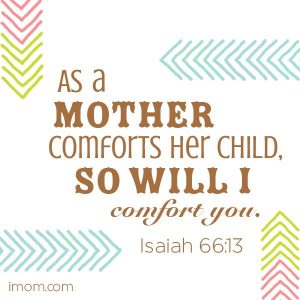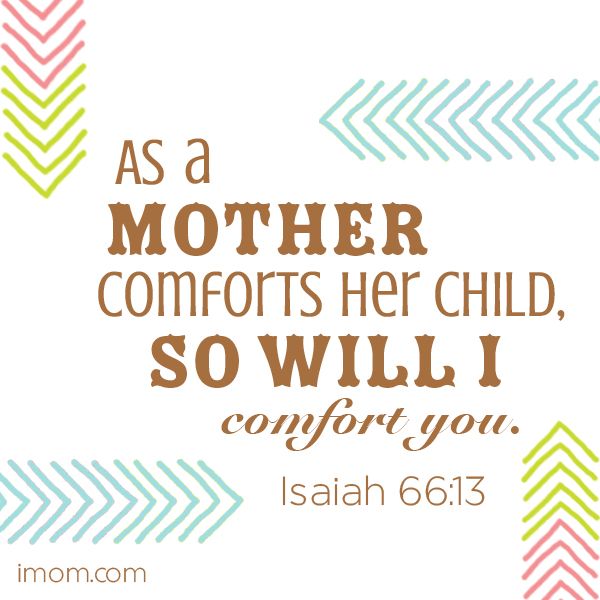A New Insight on Suffering
A New Insight on Suffering
 Last month, while my 10-year-old granddaughter, Grace Hercik, was playing outside, she fell and broke her arm. Two days before she broke her arm, when my family was together for a birthday party, I told Grace and my other grandchildren about how I broke my leg in 1967. I was the same age as Grace when I broke my leg.
Last month, while my 10-year-old granddaughter, Grace Hercik, was playing outside, she fell and broke her arm. Two days before she broke her arm, when my family was together for a birthday party, I told Grace and my other grandchildren about how I broke my leg in 1967. I was the same age as Grace when I broke my leg.
Grace ended up needing surgery on her arm. Three pins had to be placed in her arm to hold the broken bones in the correct position. A cast was then placed on her arm. The cast was recently removed, and her arm is currently wrapped in a sling to allow for further healing.
Grace’s mom is my daughter Maria. The day after Grace broke her arm, I called Maria and told her that when a child is injured, the child’s mother usually suffers more than the child. I reminded her about how my mom reacted when I broke my leg.
I have a clear memory of the day I broke my leg. It happened on Sunday, September 3, 1967. I got dressed for Church early that day, and I was outside swinging from an old hose that I had previously attached to a branch on a weeping willow tree in the backyard of my parents’ home.
While I was swinging around like Tarzan, the hose snapped and my body went flying sideways through the air. When I fell to the ground, I heard the sound of a stick breaking in half. Unfortunately, it wasn’t a stick that broke. It was my left femur (thigh) bone.
I immediately called out to my younger brother Carl who was sitting on one of the branches in the tree: “Go get Dad, I think I broke my leg!”
Moments later, my mom and dad came rushing out of the house to see what had happened. Within minutes, my brothers, sisters, and several of the neighborhood children were all standing in a circle around me watching what was going on like it was a sporting event.
My dad told my oldest brother Jerry to run and get a five-foot-long countertop that he had brought home earlier in the summer from one of his job sites. When Jerry returned with the countertop, dad put it on the ground next to me and he and Jerry gently slid my body onto the countertop. Then they carried me over to Dad’s station wagon. After folding down the second and third seats, they slid the countertop (and me) into the station wagon.
Mom was frantic. She climbed inside the back of the car with me. While Dad was driving to the hospital, Mom knelt over me and prayed, pleading with God to help me. At one point, my dad said in a firm voice, “Kathryn, you need to settle down. I don’t want him to get worked up and go into shock.” At that point, my mom lowered her voice, but continued to pray loud enough for me to hear her.
On that day in 1967 when my mom was praying over me in the back of our station wagon, she was suffering more than I was.
After I reminded my daughter Maria about my broken leg and my mom’s reaction, I told Maria that she needed to be mindful of her own suffering and take one day at a time. When I hung up the phone, I felt bad for Maria. She has six children. Her youngest child was born in April of this year. She already had her hands full before Grace broke her arm.
A good mother always suffers along with her child. In most instances, the mother actually suffers more than the child and does everything she can to console her child and make the child comfortable.
I have a question for you. Do you think that a child who is suffering because of an injury or medical condition ever suffers more when the child sees the suffering that the child’s mother is going through? While I felt bad about my mom’s reaction to my broken leg, it didn’t cause me to suffer any more than I was already suffering. And as far as I know, I don’t think that Grace suffered more because of the suffering her mom went through as a result of Grace’s broken arm.
There is one person that I know of whom, after enduring extreme pain and suffering, actually suffered more when he saw the suffering that his mother was going through as a result of his suffering. The person I’m referring to was Jesus Christ.
Saint Bernard wrote,
The grief that filled Mary’s heart, like a torrent flowed into and grieved the heart of Jesus. So much so, that Jesus on the Cross suffered more from compassion for his mother than from his own torments.
Consider this: The Son of God was whipped so badly that the skin on His body was torn and bloody. He had thorns pounded into his head. He was nailed to a wooden cross. He hung on the cross for three hours before He suffocated to death. While He suffered on the cross, He was ridiculed, taunted, slandered, and mocked. He was called a thief and an imposter who deserved to die a brutal death. He was spit upon and challenged to prove that He was God by coming down from the cross.
All of these atrocities were witnessed by His loving mother.
When I broke my leg, my mom was able to hug, kiss, and console me. When my granddaughter broke her arm, her mother was able to hug, kiss, and console her. The mother of God, Mary most holy, was not allowed to even touch or console her Divine Son.
Despite the brutal physical, mental, and emotional suffering that Jesus went through, it was all surpassed by the suffering He endured when He looked down at his grieving mother. He knew that she had a burning desire to comfort and console Him, but she was unable to because of the cruelty of the men who kept her away from Him. Her inability to comfort and console Him, made Him suffer even more.
Have you ever thought about or considered this particular aspect of suffering that our Lord and His mother were forced to endure? If your answer is no, why haven’t you ever considered it? How many years have you been a Catholic and not considered this extreme level of suffering that Jesus and Mary had to endure?
Those are the questions that I asked myself when I read the quote from Saint Bernard, which was the first time I ever considered the additional suffering that Jesus and Mary were forced to endure.
Let’s face it. Regardless of how devout we think we are, we’ve really only scratched the surface of what our Savior did for us and the obedience and devotion that His mother had for Him.
We should pray every day for the humility and grace to realize that we’re really not as holy and devout as we think we are. We’ve only scratched the surface of what it means to be a devout Catholic, and the level of suffering that our Lord and His mother were forced to endure in order for us to be given the gift of salvation.




